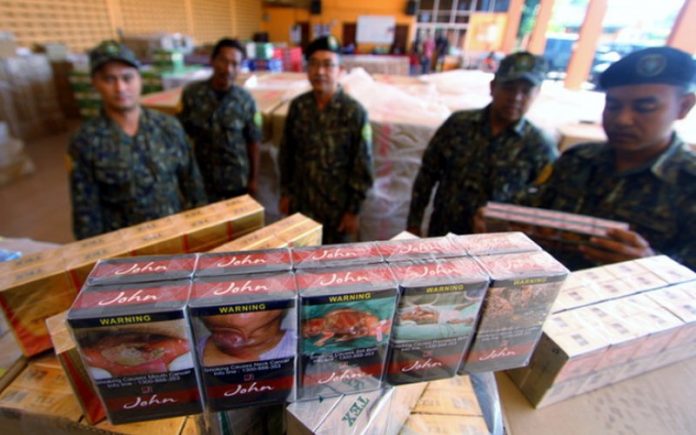
KUALA LUMPUR: The Malaysia chapter of the Retail and Trade Brands Advocacy (RTBA) has called on the government to cut tobacco taxes to curb the black market in illicit cigarettes, as suggested by Pontian MP Ahmad Maslan in the Dewan Rakyat recently.
Managing director Fazli Nordin said the core factor driving the illegal cigarette trade was the wide price gap between legal and illegal products, resulting in the current critical level of illicit cigarettes in the country.
“There are international and local studies that support this claim,” he said in a statement today.
The RTBA is an NGO that aims to safeguard supply chains and brands from criminal conduct.
The RTBA’s own “Illicit Tobacco in the Asia-Pacific Region: Causes and Solutions” report, published in April 2020, showed that the sales of illegal cigarettes in Malaysia rose to 65% in 2020 from 37% in 2015, following a substantial excise hike on legal products in 2015.
“Clearly, the numbers speak for themselves,” said Fazli.
Ahmad had recently mooted the idea of halving tobacco taxes to sell cigarettes at RM8 per pack in a two-year pilot study to curb the black market and that Malaysia lost RM5 billion in tobacco tax revenue annually. He said 64% of cigarettes sold in the country were illegal sticks, while only 36% were taxed, legal cigarettes.
He claimed cigarettes often vanished in Malaysia during the transshipment process and got re-exported to another country. As such, Malaysia lost about RM5 billion in tobacco tax revenue every year.
Fazli said Ahmad was spot on in identifying excise reforms as a solution that can best complement the enhanced enforcement initiatives put in place in the 2021 budget to tackle the tobacco black market in a comprehensive manner.
He commended the government for making the bold move to address the tobacco black market in the 2021 budget.
The initiatives, such as strengthening the multi-agency task force with the participation of the Malaysian Anti-Corruption Commission and National Financial Crime Centre, as well as announcing restrictions on cigarette transhipment activities, will help address the supply chain route for the tobacco black market to a certain extent, he added.


